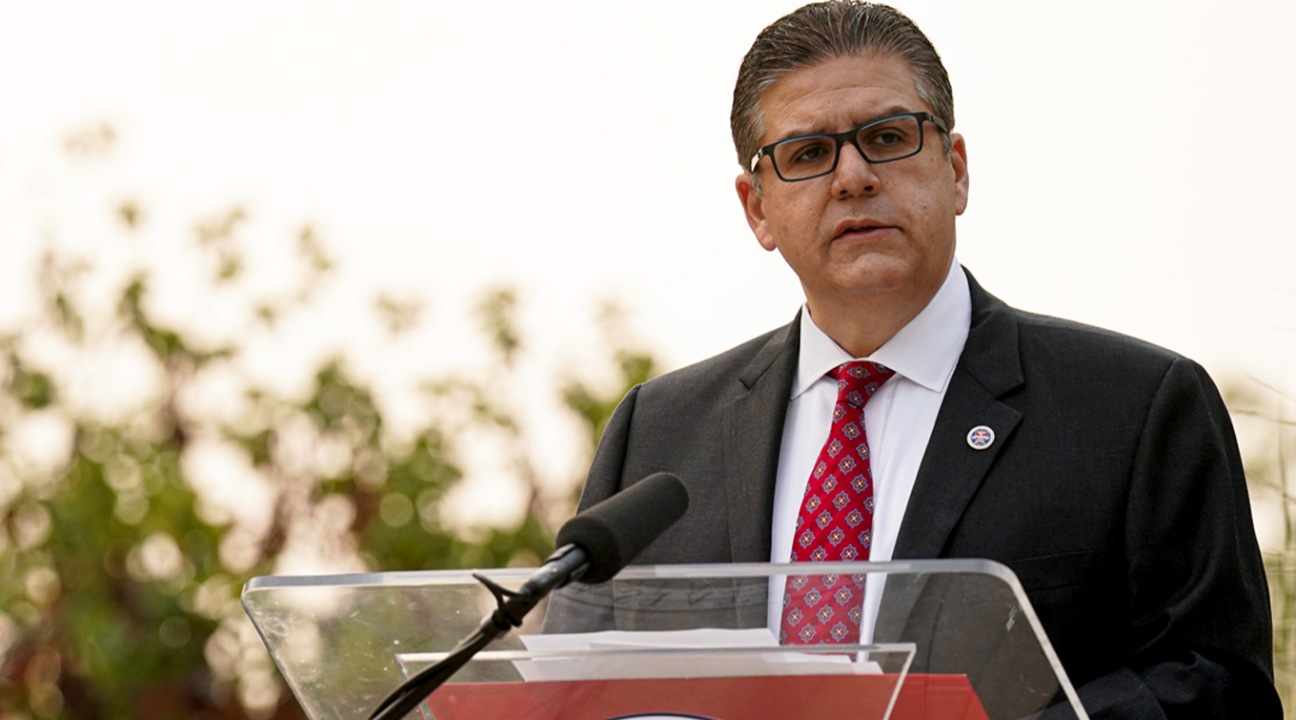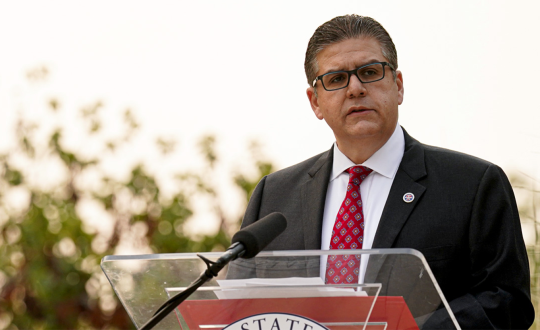Justice for George Floyd's Family: A message from Chancellor Joseph I. Castro
Dear Colleagues:
I am writing today with regard to the verdict in the trial of former Minneapolis police officer Derek Chauvin. Like so many others, I am relieved that the jury found Mr. Chauvin guilty on all counts, and I hope this action will provide George Floyd's family with some solace – a measure of relief that justice has been served in this tragic case.
The horrific death of Mr. Floyd – and the trial itself – have been traumatic experiences for many African Americans and other people of color within the CSU community and across the state and nation. The trauma is rooted in generations of systemic racism in our country, which has had a profoundly negative impact on African American families.
Last Sunday, I read Jonathan Capehart's opinion piece in the Washington Post titled “Being Black in America is exhausting." His moving and insightful article detailed the many ways that he and other African Americans must constantly consider how they are being perceived by others, because these perceptions – often misperceptions – could result in them being blamed for something, or even being killed. I recommend the article to all who are reflecting on this poignant moment, especially those of us who are not African American.
I believe that America is yearning for an inflection point, one that marks a turn toward healing, reconciliation and recovery. The CSU can serve as that inflection point. Our position as the largest and most diverse public university in the nation also makes us the most consequential university at this critical moment in our country's history. We lead the nation in driving social mobility for our students, yet there is much more work to do. The CSU is part of an educational ecosystem in California that must eliminate – once and for all – equity gaps among our students and prepare more African American students for admission to and graduation from the CSU and other universities.
I urge all of us in the CSU to actively embrace anti-racist policies and practices, and to be courageous in modifying policies and practices that we discover have a disparate negative impact on people of color. This will not happen overnight, but we must do this work with an even stronger sense of urgency.
We will forever remember George Floyd. And Breonna Taylor. And Daunte Wright. And, heartbreakingly, so many others like them. May their tragically shortened lives inspire us to work more closely together to advance equity in all its dimensions – and to ensure that every one of us has an opportunity to thrive in the CSU and across our Golden State.
As your chancellor, I want every African American student, faculty, staff, alumnus and family member to know that I stand alongside you today and every day. Because of the strong and unbreakable bonds that unite the CSU community, because of all those who support us, and because of our unwavering commitment to our core values, I am confident that our very best days lie ahead.
Sincerely,
Joseph I. Castro
Chancellor



